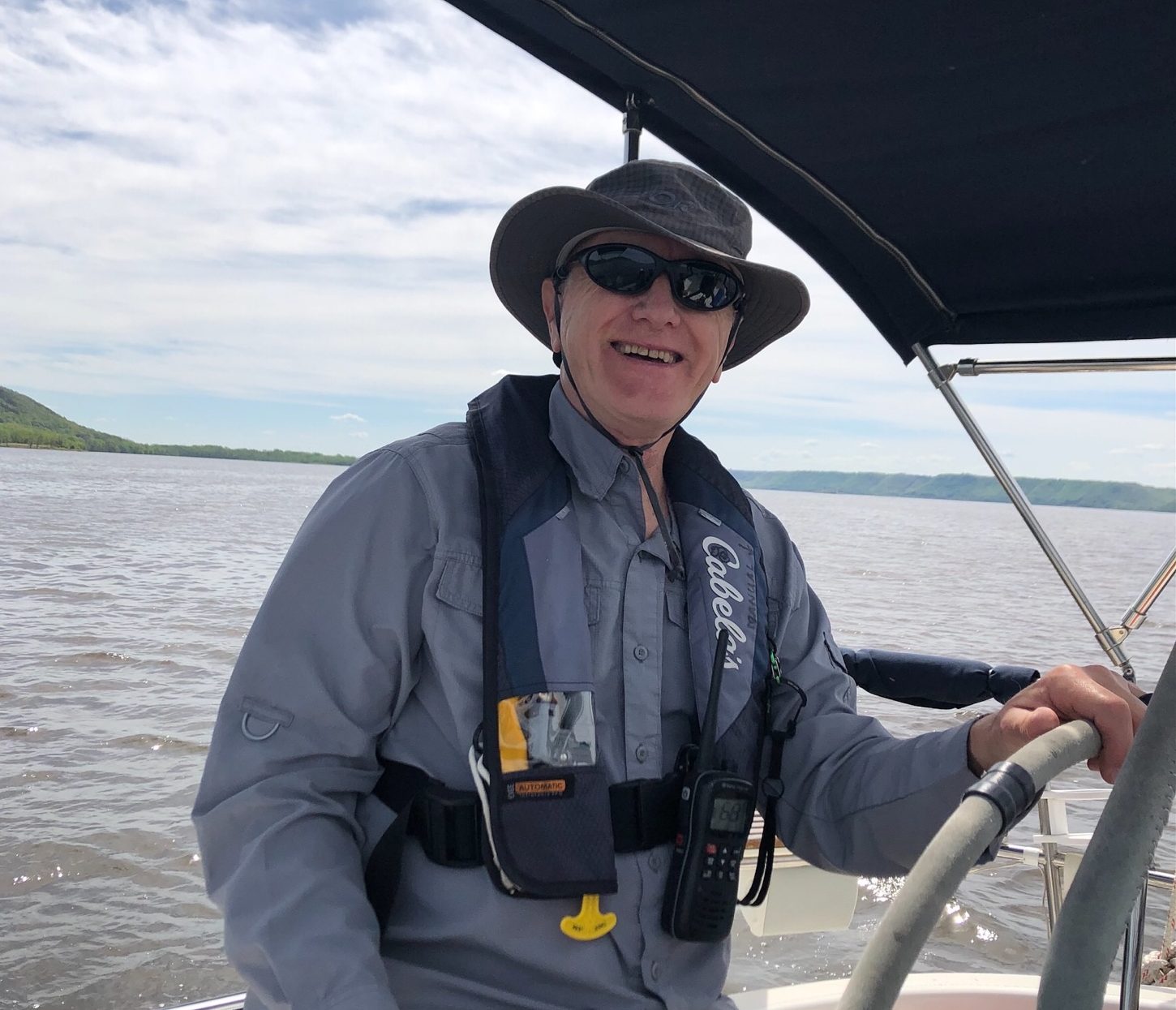Gary Borges spent his career in the flexible packaging industry, retiring in 2018 from Atlanta-based Printpack, where he had been product development manager for national accounts. He now teaches part time at the University of Wisconsin-Stout, where students swept the awards in the Flexible Packaging Association’s (FPA) annual Student Design Challenge earlier this year.
FlexPack VOICE® recently caught up with Borges to talk about his work with his students, whose winning entries will be on display during PACK EXPO International, October 23–26, in Chicago.
Borges earned a chemistry degree in 1976 from the University of Minnesota and an MBA in 1989 from Webster University in Webster Groves, Missouri.
Soon after graduation in 1977, he became a product development engineer for Champion International Corp.’s flexible packaging group. During his tenure there, he developed the ketchup condiment pouch.
“Which is still the industry standard,” Borges says on his resume.
FPA’s annual contest, which will be held again soon for the 2022–23 school year, is available to schools nationwide, with students winning $1,000 for first place and $500 for second place. Details about the contest are featured in the September/October 2022 issue of FlexPack VOICE® magazine, as well as at www.flexpack.org/student-design-challenge.
At Stout, students are put into teams of three to five people and then given a basic timeline on how to proceed with the contest, Borges says.
FlexPack VOICE®: What is the process for getting students to think about the contest and how far in advance is that planning?
Gary Borges: Planning starts at the beginning of the semester with the expectation that the project is finished by the last day of class.
FPV: Why is the contest important as part of the learning process?
GB: The process gives the students practical team experience and ideation experience. It provides students with a good example of what competition is like in the field after graduation. A win equals a successful sale. You can have the best idea, but if you can’t sell it, it will go nowhere. The contest also shows the students that—for an ideation process to be successful—you need to start with a lot more than one idea. It shows students that you need to keep to a timeline to be successful. I had a team in the past that had difficulty functioning as a team. I sat them down and discussed how to proceed and followed up to ensure they were functioning properly. This team then went on to produce the best project in the class. The contest takes what is taught in class and gives the teams an opportunity to incorporate concepts into practical applications.
FPV: How do you incorporate lessons that the students learn into your overall teaching?
GB: Stout is a polytechnic school, so practical experience is very important. We require students to work with FPA to assign mentors to assist them. Mentorships can be of great assistance in the future when students are interviewing for their first job—mentors can be guides and references.
FPV: How do the students use the contest to improve their marketability? In other words, are there examples of students who developed something in your classes and went on to develop a prototype commercially?
GB: I do not have any examples of work in class that has been further developed commercially, but I can say that understanding the ideation process and using it successfully leads to success. I had college patent people work with some of the teams to discuss patent opportunities. Again, this is a very good experience and relates well to their functions later in their careers. I do ask that the students make comments on the awards on their Facebook and LinkedIn accounts, which will help them market themselves. Besides developing and selling products, students learn how to sell themselves.
FPV: What, if anything, could be done better about the way the contest is handled?
GB: FPA is a very good organization to work with and any suggestions have always found a listening partner.
Thomas A. Barstow is the senior editor at FlexPack VOICE®.
